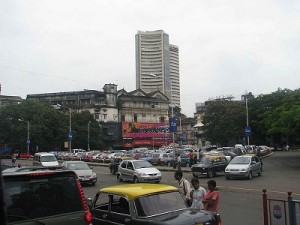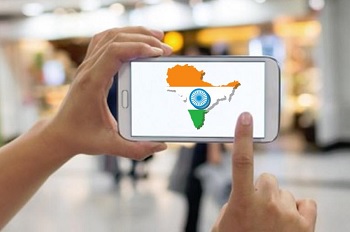Commerce is evolving rapidly throughout India
India is undergoing something of a commerce revolution. The country has become a very prominent mobile market, with smartphone ownership skyrocketing over the past few years. As the mobile space becomes more prominent, retailers are beginning to change their approach to the digital space. Myntra, one of the leading fashion e-commerce companies in India, shut down its website at the beginning of this month, opting instead to become completely mobile-centric.
Retailers are abandoning traditional websites in favor of apps
Myntra is not the only company that is doing this, of course. Several others have begun shutting down their websites in order to focus their efforts on the mobile space. These companies see great promise in the mobile commerce world and believe that their websites are not as effective at engaging mobile consumers as applications are. Apps have become one of the easiest ways for consumers to shop for and purchase products and this fact has not gone unnoticed among retailers.
Companies see great promise in the mobile commerce space
 As mobile commerce continues to grow, consumers are being exposed to new ways to shop for and purchase products. Companies like Flipkart, which has long been the leading mobile commerce company in India, are beginning to change the way they do business, focusing more specifically on the mobile space rather than placing their hopes on the continued prevalence of traditional forms of commerce. Physical retail remains the most powerful force in India’s commerce space, but this may not be the case as retailers continue to become heavily invested in the mobile commerce sector.
As mobile commerce continues to grow, consumers are being exposed to new ways to shop for and purchase products. Companies like Flipkart, which has long been the leading mobile commerce company in India, are beginning to change the way they do business, focusing more specifically on the mobile space rather than placing their hopes on the continued prevalence of traditional forms of commerce. Physical retail remains the most powerful force in India’s commerce space, but this may not be the case as retailers continue to become heavily invested in the mobile commerce sector.
Foreign companies are adding momentum to India’s mobile commerce revolution
Mobile shopping is thriving in India. The country is becoming the most attractive mobile market in the world and has begun attracting attention from companies in other countries that are involved in the mobile space. These companies are contributing to the growth of mobile commerce in India, investing in companies that are powering the mobile revolution of the country.

 Over the last year, Snapdeal.com, which is an online marketplace backed by eBay, has experienced a rise in
Over the last year, Snapdeal.com, which is an online marketplace backed by eBay, has experienced a rise in 